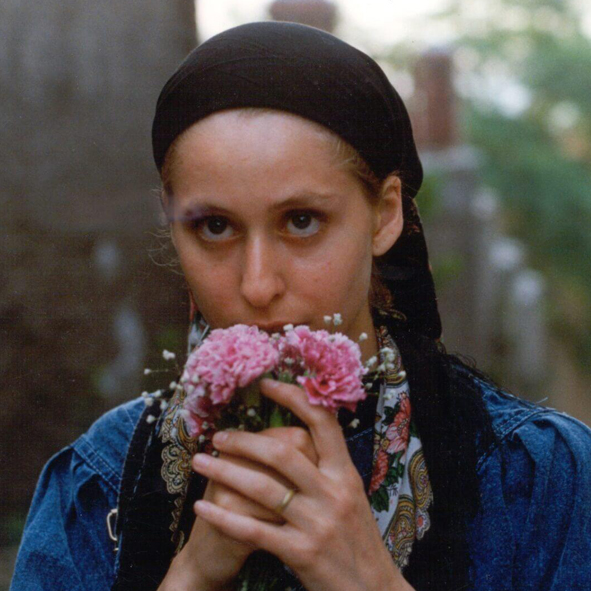
Cite this article

Mohsen Makhmalbaf, born in 1957, embodies the archetype of a revolutionary filmmaker. His career is marked by profound transformations that echo the essence of revolution in its fullest sense. At the tender age of 17, Makhmalbaf was already engaged in political rebellion, an endeavor that led to a five-year incarceration. Throughout his life, Makhmalbaf has staged revolutions against his own beliefs and the confines of religious and ideological values, migrating instead towards a realm characterized by humanistic and ethical principles. This inner revolution is vividly reflected in his cinematic works. Films such as Nights of Zayandeh-Rood (1990) and The Time of Love (1991) broke new ground in the ideologically charged atmosphere following the establishment of the Islamic regime in Iran. Both films were subjected to censorship and suppression. The outcome of Makhmalbaf’s internal migration is also mirrored in his physical departure from Iran; since 2001, he has been unable to produce films within the country.
The Time of Love (1991) and Sex & Philosophy (2005) share a thematic focus on love and philosophical concerns. The former, produced in post-revolutionary, ideologically saturated Iran, was perceived primarily as a moral transgression, with its deeper philosophical aspects largely overlooked. The latter, made in Tajikistan, benefited from Makhmalbaf’s evolution into a globally recognized filmmaker, allowing its philosophical dimensions to be more clearly appreciated. In this paper, we explore the themes of love and philosophical doubt, employing a content analysis that integrates psychoanalytic and existential interpretations to examine the portrayal of love in Makhmalbaf’s films, The Time of Love and others in his oeuvre.


